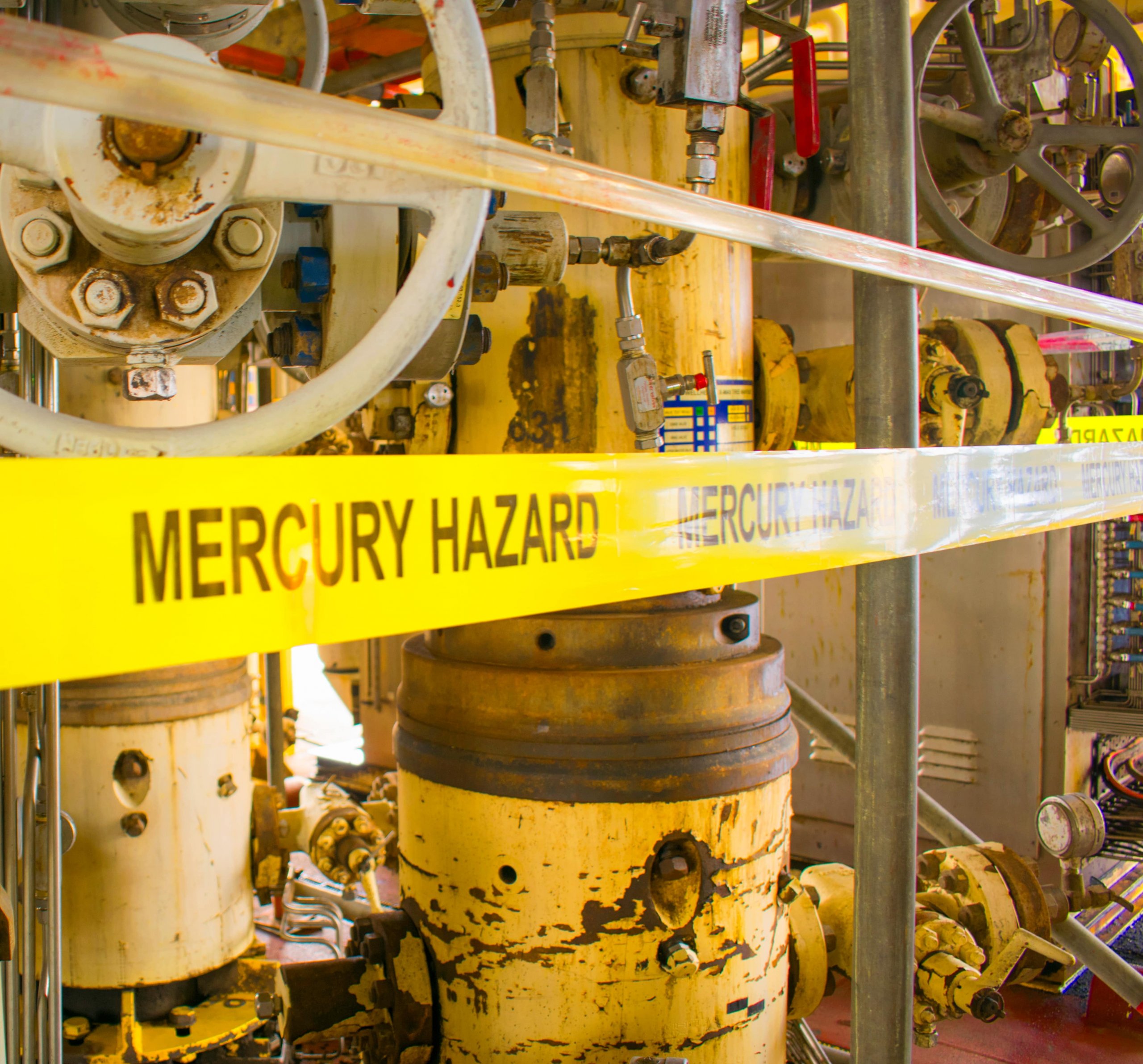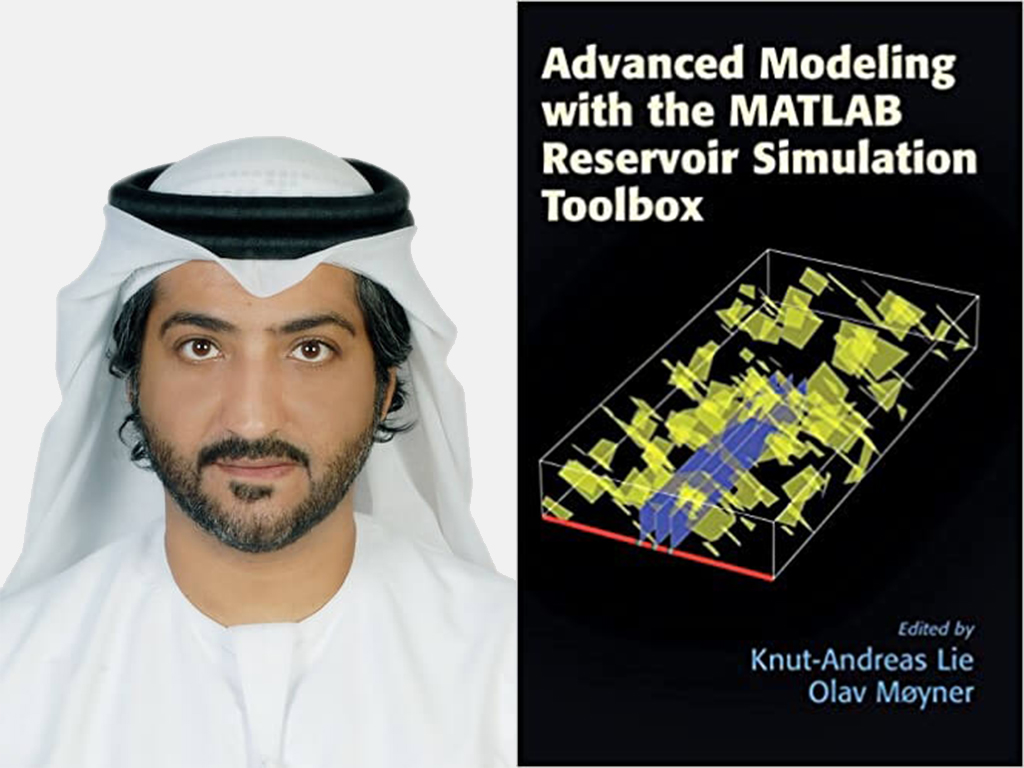
A novel adsorbent material based on zeolites and zinc sulfide nanoparticles may be an environmentally friendly and cost-effective solution to removing the mercury in wellhead natural gas, a significant industrial issue.
Mercury is inherently present in natural gas streams due to natural geological processes, and its concentration can vary widely depending on the geological history of the gas reservoir. It exists in several forms too: Elemental mercury is the most common and is often in a vapor state, while organic mercury compounds are less frequent but more challenging to remove.
Although naturally present, mercury has concerning impacts on human health, the environment, and gas processing infrastructure. Even in tiny amounts, mercury can amalgamate with metals like aluminum, causing significant damage to critical processing equipment. Its toxic nature also poses environmental hazards when released and can threaten the health of workers and communities nearby.
A team of researchers from Khalifa University has developed a novel adsorbent material for removing mercury from natural gas streams. Dr. Kishore K. Jena, Dr. K. Suresh Kumar Reddy, both Research Scientists, Dr. Georgios Karanikolos, and Dr. Saeed M. Alhassan, both Associate Professors of Chemical and Petroleum Engineering, used zeolites and zinc sulfide nanoparticles to create a novel material for mercury removel, aiming to improve efficiency. They published their results in Chemical Engineering Journal, a top 1% journal in the field of industrial and manufacturing engineering.
“Removing mercury from natural gas streams in the UAE is becoming more challenging because of the need to reduce elemental, ionic, and organomercury species to very low levels,” the team explained. “Mercury contamination in natural gas industry feed streams, as well as the post-combustion streams of coal-fired power plants, is a vital industrial problem. Even at very low concentrations, mercury in natural gas is a crucial gas processing problem due to its corrosive effects on aluminum heat exchangers and other processing equipment. Not to mention, there are catalyst poisoning effects as well.”
Zeolites, often visualized as the lattice-like structures of molecular sieves, have long been researched for their highly crystalline and microporous nature. Across various sectors, especially in gas separation, adsorption, ion exchange, and catalysis, these aluminosilicate materials shine due to their impressive thermal stability, vast surface area, and unique pore architecture. Now, the research team has investigated their use in capturing gaseous phase heavy metals — like mercury — from wellhead natural gas.
Creating an efficient adsorbent for this purpose hinges on understanding the elemental sulfur distribution within the solid adsorbent and rigorously assessing the physical and chemical attributes of the adsorbent material. While previous research in this domain has centered on carbon-based materials or metal sulfides and oxides, the research team combined a zeolite called zeolite-Y with metal sulfide to create a nanohybrid material tailored for gaseous phase mercury removal.
Microscopy analysis revealed a seamless integration of zinc sulfide nanoparticles within the zeolite network, creating a porous structure. In laboratory tests, the material was an excellent adsorbent for gaseous phase mercury, especially at 180°C, outperforming many contemporary nanostructures in adsorption capacity.
Future work will include developing robust catalysts and adsorbents to remove small traces of mercury from natural gas with high mercury adsorption capacity and faster kinetics.
Jade Sterling
Science Writer
14 August 2023




